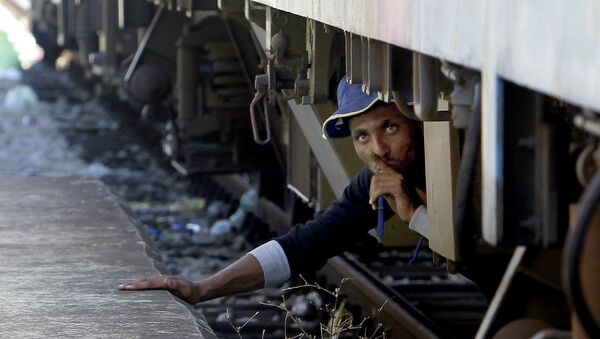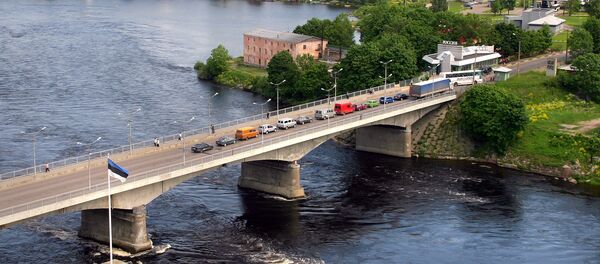The focus of the ongoing debate is the controversy over Estonia’s plans to take in about 200 refugees over the next two years.
Even though Estonia sits far from the chaotic border of Greece and Macedonia and the burned-down refugee centers in Germany, it is nevertheless focused intently on what obligation it has in Europe’s migrant crisis, a discussion that has been agitated by conservative political forces.
The lack of experience, coupled with uncertain economic times and euroskepticism fueled across the continent by the migrant crisis and the latest Greek bailout, have allowed anti-immigrant, anti-EU forces to gain a foothold.
And Estonians' instinct to preserve their culture and language, given their history, makes it easier to inflame a sense of nationalism.
Right after World War II, only 2.7 percent of the population was comprised of ethnic minorities.
In 1989 that surged to 38.5 percent, mostly Soviet Union residents who came – or were forced to migrate – to work in heavy industry.
“This was perceived as a kind of existential threat to the existence of Estonians,” said Raivo Vetik, a professor of comparative politics at Tallinn University.
With the Russian-speaking minority continuing to be Estonians’ main integration problem, and with new refugees coming in many are asking why there are still so many gaps between Estonian and Russian speakers, Vetik said.
“There are arguments that Estonians and Russians are so similar.… We are much more similar compared to those new people coming in, so we should integrate fast, or more efficiently," Raivo Vetic emphasized.



